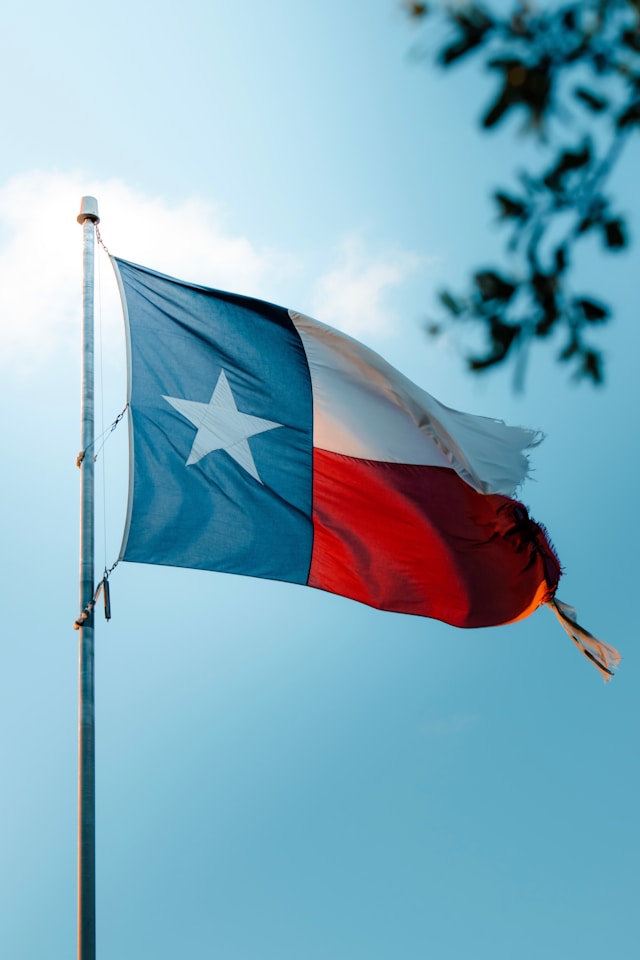Written by: Sanjin Hadziomerovic
Texas is one of the most exciting short-term rental markets in the country — offering everything from high-demand cities like Austin and Dallas to scenic getaways like Fredericksburg and South Padre Island. But with this diversity comes a patchwork of short-term rental (STR) laws that can be confusing to navigate, especially for investors managing multiple properties or looking to expand into new markets.
Unlike states with centralized STR laws, Texas leaves regulation up to individual cities, and the rules can vary dramatically — from friendly and flexible (like South Padre) to highly restrictive and capped (like Austin). Whether you’re looking to Airbnb a beach house or cash flow a Hill Country casita, knowing the local licensing, zoning, tax, and occupancy rules is essential to staying compliant and profitable.
In this guide, we break down the short-term rental laws for six popular Texas markets — Dallas, Galveston, South Padre Island, Austin, Fredericksburg, and San Antonio — based on the latest local data provided by GetChalet.com. Let’s dive in.
Dallas: Registration and Zoning Compliance
In Dallas, all short-term rental operators must obtain a Short-Term Rental Registration before listing their properties.This registration ensures compliance with local zoning laws, which dictate where STRs can operate. It’s essential to verify that your property is located in a zone permitting short-term rentals to avoid potential fines or legal issues. Additionally, operators must adhere to safety standards, including fire and building codes, and may be subject to inspections. Regularly reviewing local ordinances is advisable, as regulations can evolve.
Airbnb Rental Regulations Dallas
Galveston: Registration and Tax Obligations
Galveston requires all STR owners to register their properties with the Galveston Park Board of Trustees, with a registration fee of $250 for both new registrations and annual renewals. Beyond registration, operators must collect and remit Hotel Occupancy Taxes at both state and local levels. Compliance with zoning regulations outlined in the Land Development Regulations (LDRs) is also mandatory, necessitating verification that your property is in a zone permitting STRs.
Airbnb Rental Regulations Galveston
South Padre Island: Favorable Regulations with Tax Responsibilities
South Padre Island is known for its investor-friendly stance on short-term rentals. However, STR owners are required to collect and remit Hotel Occupancy Taxes, encompassing both state and local taxes. This includes the State Hotel Occupancy Tax and any applicable local taxes. Ensuring timely and accurate tax payments is crucial to maintain compliance and avoid penalties.
Airbnb Rental Regulations South Padre Island
Austin: Strict Regulations and Occupancy Limits
Austin enforces stringent regulations on short-term rentals. Operators must obtain the appropriate license based on the type of STR: Type 1 for owner-occupied properties, Type 2 for non-owner-occupied single-family homes, and Type 3 for multifamily units. Each license type has specific requirements and is subject to availability, as Austin has placed caps on the number of certain STR licenses issued. Additionally, there are occupancy limits restricting the number of adults per rental, and properties must adhere to safety and noise ordinances. Given the complexity and evolving nature of Austin’s STR regulations, consulting with local authorities or legal experts is highly recommended.
Airbnb Rental Regulations Austin
- 📊 Which Airbnb rental markets are set to outperform in 2025 based on revenue growth, occupancy trends, and supply shifts.
- 🏡 Where home prices are still affordable while generating high rental income.
- 📈 How to identify markets with strong appreciation potential for both short-term cash flow and long-term gains.

Fredericksburg: Zoning Regulations and Permit Requirements
In Fredericksburg, short-term rental regulations are somewhat investor-friendly but require careful attention to zoning laws. Operators must ensure their properties are located in zones that permit STRs and obtain the necessary permits. The city has implemented different zoning regulations and limitations, making it essential for property owners to stay informed about local laws and any changes that may affect their STR operations.
Airbnb Rental Regulations Fredericksburg
San Antonio: Permit Mandates and Occupancy Restrictions
San Antonio mandates that all STR operators obtain a Short-Term Rental Permit. The city distinguishes between Type 1 (owner-occupied) and Type 2 (non-owner-occupied) STRs, each with specific zoning restrictions. Notably, non-owner-occupied STRs are prohibited in certain residential zones. Additionally, San Antonio imposes occupancy limits, allowing no more than two adults per sleeping area. Operators must also comply with safety regulations and may be subject to property inspections. Staying updated on local ordinances is crucial, as non-compliance can result in significant penalties.
Airbnb Rental Regulations San Antonio
Conclusion
The short-term rental landscape in Texas is diverse, with each city implementing its own set of regulations. For property owners and investors, understanding and complying with these local laws is essential to operate legally and successfully. Regularly consulting official city resources and seeking legal counsel can help navigate the complexities of STR regulations and ensure ongoing compliance.


